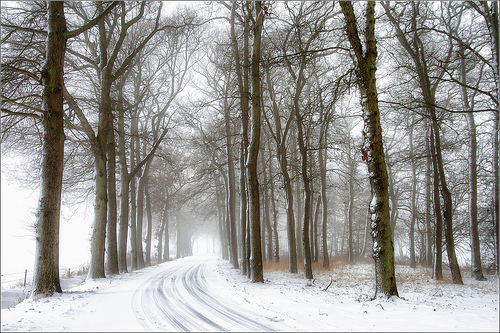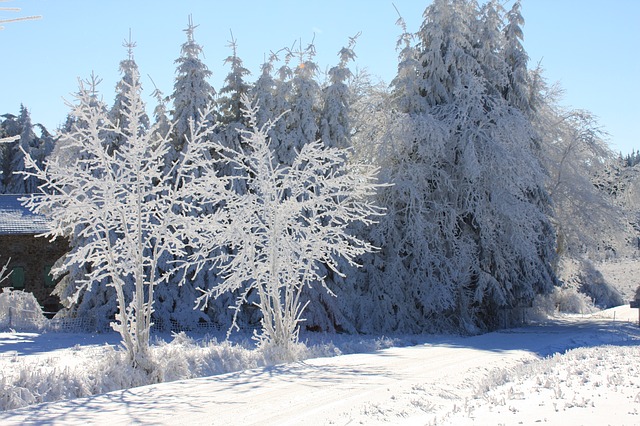POETRY MONTHLY : The following twelve sections introduce a range of poetry old and new, answering to the seasonal qualities of each of the twelve months, with brief explanatory links and comments.
POETRY MONTHLY – JANUARY
Poetry: for our purpose let us define it simply as “the expression of feeling in musical language” and listen to Shakespeare’s feelings about Winter expressed in one of the two songs that provide a graceful masque ending to the courtly play, “Loves Labours Lost”
POETRY MONTHLY – JANUARY
Poetry: for our purpose let us define it simply as “the expression of feeling in musical language” and listen to Shakespeare’s feelings about Winter expressed in one of the two songs that provide a graceful masque ending to the courtly play, “Loves Labours Lost”
WINTER
When icicles hang by the wall,
And Dick the shepherd blows his nail,
And Tom bears logs into the hall,
And milk comes frozen home in pail,
When blood is nipp’d, and ways be foul,
Then nightly sings the staring owl,
Tu-who;
Tu-whit, tu-who – a merry note,
While greasy Joan doth keel the pot.
When all aloud the wind doth blow,
And coughing drowns the parson’s saw,
And birds sit brooding in the snow,
And Marian’s nose looks red and raw,
When roasted crabs hiss in the bowl,
Then nightly sings the staring owl,
Tu-who,
Tu-whit, tu-who – a merry note,
While greasy Joan doth keel the pot.
The words of Mercury are harsh after the songs of Apollo, but I may mention that the parson’s saw’ is ‘an old saw’, that the ‘roasted crabs’ are apples in the hot brew of strong ale known as ‘lamb’s-wool’; and that Joan is cooling the pot by stirring and skimming. One learned fellow would have us believe that ‘Dick’s nail’ is a sort of primitive trumpet upon which he blows: don’t believe it!
Next poem: lines from Edmund Spenser’s Faerie Queen


